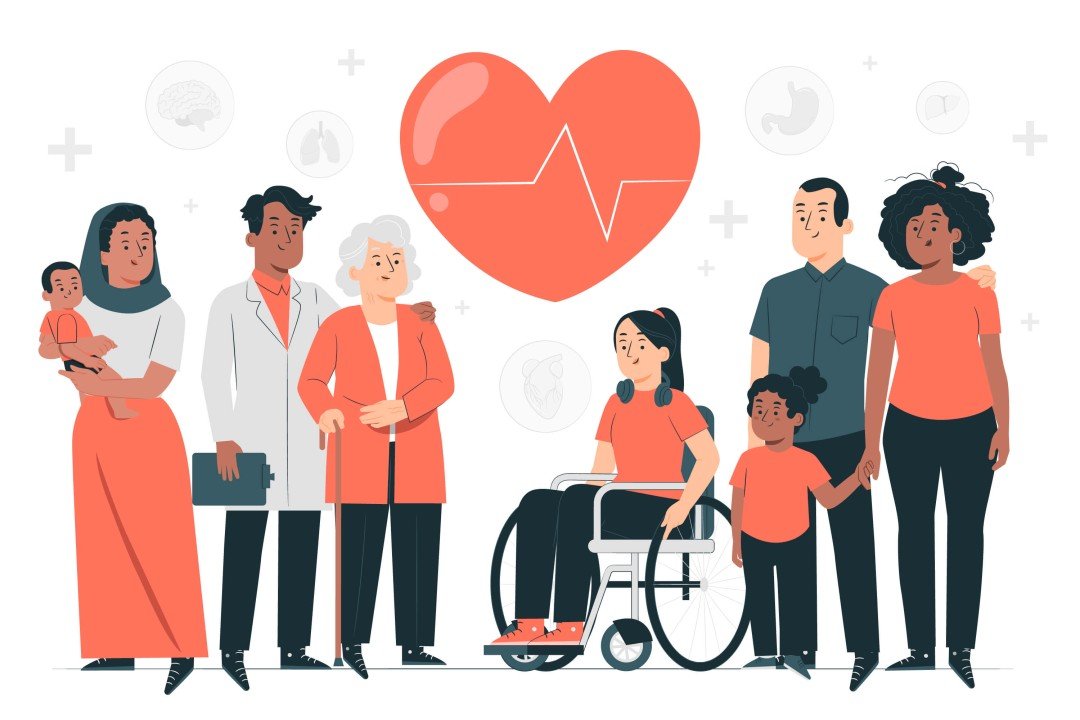A non-licensure education degree is an educational course for people who wish to make a career in education but have yet to get a teaching license. Non-licensure programs are different from traditional education degrees and are designed to produce teachers certified to teach in public schools. This type of degree is particularly suitable for those who wish to teach in capacities other than in a classroom or those who want to contribute to the education sector in different ways.
A Definition of the Non-Licensure Education Degree

Definition and Purpose
A non-licensure education degree, as the name suggests, offers students knowledge and skills to enable them to work in education grounds without the aim of acquiring a license to teach. These programs include curriculum, instruction, educational psychology, and many others. The purpose is to prepare graduates for future careers in supporting educational settings, policy or business, or diverse non-teaching careers, including business training, coordination, and consulting.
Main Distinctions from Licensure Programs
Although licensure programs contain student teaching parts and mandatory state exams for gaining certification as teachers, non-licensure education degrees emphasize the theoretical and practical strategies of education while not necessarily including real-life teaching experience. It enables students to have various careers that are not viable with a teaching license.
For example, a conventional teaching degree program requires the student to undertake numerous courses in education, discipline and curriculum development, and teaching techniques to produce a qualified teacher to handle a classroom. On the other hand, a non-licensure education degree may cover more extensive information and topics such as educational theories, educational leadership, and different types of educational systems and may not require passing some state licensure examination.
Why Do People Want Non-Licensure Education Degrees?
Diverse Career Opportunities
A significant factor that makes a non-licensure education degree attractive is its opportunity in the job market. Even though being a traditional teacher is a joyful profession, some people might want to help the educational process rather than directly. Non-licensure education degree holders can work in various fields, including:
- Educational Administration: These included supervising the running of educational facilities, encompassing schools, colleges, and training institutions. Those working in this sector may work as financial managers, programmers, or administrators who help run schools and other institutions.
- Curriculum Development: Those with a non-licensure education degree can try to develop educational content, materials and learning modules that may be used in education facilities such as schools. This job entails research work, innovation, and forming knowledge of how learners have different learning facilities.
- Corporate Training and Development: Most organizations demand that such personnel develop and conduct training for their clients’ employees. A holder of a non-licensure education degree has adequate skills in training needs assessment, module and workshop development that will enable him/her to fit into human resources /corporate training positions.
- Educational Consulting: Education consultants aid schools, education establishments, and parents to obtain relevant information regarding educational planning, methods, products, etc. They may provide consultancy on curriculum development, educational technology, and pedagogy.
Flexibility in Career Path
A non-licensure education degree also has other advantages. One of them is flexibility. Graduates are not limited to the availability of becoming a school teacher, but there are many possibilities within the field of education. Education degrees benefit people who like education but do not wish to teach. This makes this program very broad as it has prepared many people for policy-making, educational research, and even educational entrepreneurship.
Components of a Non-Licensure Education Degree Program

Education Theory and Psychology
Knowing how students learn, no matter what tasks are given in the educational setting, is essential. Courses in educational psychology focus on areas such as the gaining of content, motivational factors, and the best approach to teaching the students.
Curriculum and Instructional Design
About a third of the non-licensure education degrees aim to master the principles of designing, assessing, and enhancing educational curricula. Instructional design enables students to learn how to develop teaching resources that are in tune with students’ learning needs and academic standards.
Leadership and Educational Administration
For those who aspire to obtain leadership positions, courses in educational administration equip the students to take up management positions in schools and any other academic institution. These courses include leadership theory, strategic planning and management, education law, and economic resources.
Educational Technology
Technology use in education has raised the stakes. Students in non-licensure programs are taught about the newest technologies in education and how they can be adopted to improve teaching practices. From the websites for online classes to the software used in education, knowing how to apply these tools is essential.
For whom is a non-licensure education degree appropriate?

Prospective Educational Managers
If you want to make education your career but prefer to be in the background, then non-licensure education will be perfect. Any individual who plans to practice as an administrator in schools, educational programs, or training centres will find that this program offers the correct educational theory, leadership, and management background.
Curriculum designers and instructional coordinators
For those who get excited about developing content but do not desire to teach, this degree provides a solid knowledge of how curricula should be developed. Special needs teachers often collaborate with instructional coordinators to create materials corresponding to educational objectives and learning standards or requirements.
Corporate Trainers and Human Resources Professionals
From the non-licensure education degree, one gets vital marketable skills easily applicable to corporate society. Organizations require human capital, which can develop training sessions, conduct seminars and guarantee that the personnel possess adequate experience for their positions. These programs prepare current and future professionals to design and implement training and educational content for many organizations.
Educational Policy Makers
The following job opportunities are available to those with a non-licensure education degree: educational policymaker. These professionals aim to entrance for changes in the education system. They might engage with government, non-profit, and educational institutions to review and evaluate current educational paradigms and propose modifications.
Advantages of a Non-Licensure Education Degree

Broader Skill Set
Since non-licensure education degrees include other areas of education other than teaching, students develop a more comprehensive range of skills. These skills in project management, leadership, analysis, and presentation can be used in any education sector.
Professionals for Specialization
Non-licensure programs allow students to choose a concentration in specific fields such as early childhood education, educational technology and curriculum and instruction. It will enable the students to follow the program of their choice while adjusting the number of specialized courses to the desired professional occupation.
Engaging in Education Without Classroom Limitations
Teaching is fulfilling, especially in a class environment, though it may only be someone’s cup of tea. According to this research, a non-licensure education degree allows one to foster education without going through the rigours of a teaching career. There are many ways in which graduates can help education, including curriculum development, educational campaigning, and being an administrator.
Challenges and Considerations
Restricted Opportunities to Teach in Conventional Ways
The main disadvantage of a non-licensure education degree is that it needs to prepare for traditional classroom teaching jobs. Any individual who wants to become a licensed teacher will have to go further and complete a teaching credential program.
Understanding Career Goals
Certain factors are considered before enrolling in a non-licensure education degree. However, people must be very cautious to ensure that the area of practice they intend to practice closely relates to the degree program offered.
Conclusion
An education degree without a licensure is ideal for persons interested in education but would not like to teach. This degree is multipurpose, has a wide range of preparation, and has many employment options, including educational leadership and corporate training. If you dream of designing instruction, coordinating instructional programs, or even working with educational technology, a non-licensure education degree may be the best way to start. To this end, students can appreciate the components of this degree, its benefits, and the possible careers that may come with it to make the right decision regarding this degree.

























